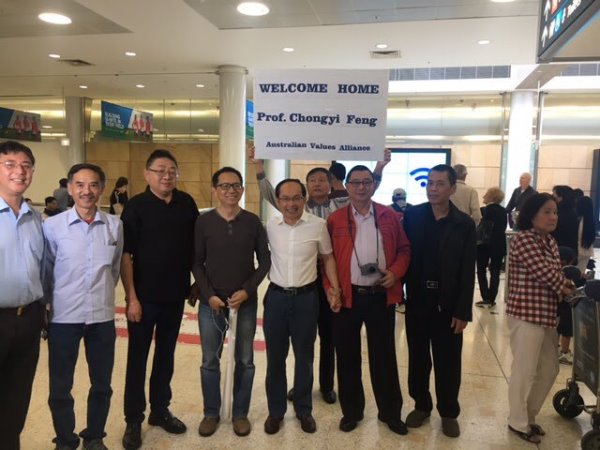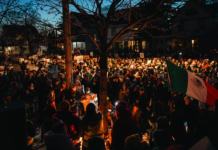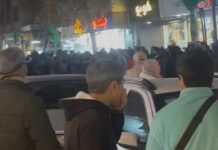By Kirk Leonard, Socialist Party (CWI) Australia
Recent reporting on this activity in the Australian media shows both the growing strength and increasing weakness of the misnamed ‘Chinese Communist Party’ (CCP) regime.
Projecting soft, and increasingly hard, power into Australia is part of the Chinese regime’s overall international strategy. The CCP is seeking to increase its influence to neutralise Australia’s support for the US in the Asia-Pacific region, militarily and diplomatically. For example, it constantly warns Australia against “taking sides” in the South China Sea territorial disputes. This conflict between the two imperial powers of the US and China, rooted in the dynamics of the capitalist system and its cut-throat competition, is at the base of China’s actions.
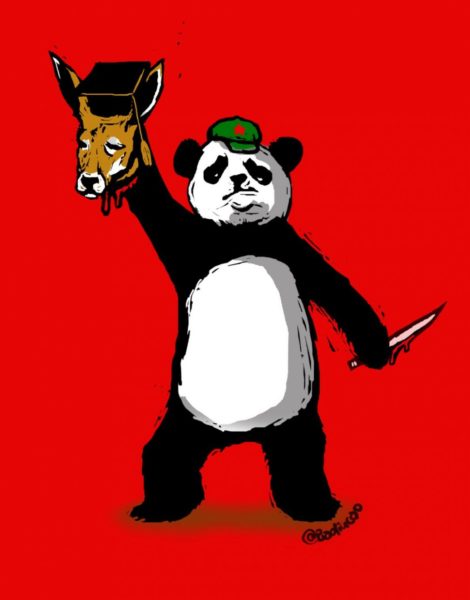
But the CCP’s increased domestic repression under President Xi Jinping also helps to explain the situation. As has been demonstrated in the CCP crackdowns on democracy protestors in Hong Kong, they fear any possible reference point of opposition to their rule in mainland China. Their fears extend to the Chinese diaspora and overseas students from mainland China who study in Australia.
Media censorship from Beijing is now extended over the overwhelming majority of Chinese-language media in Australia. The CCP has mastered multiple techniques like threatening the business interests of Chinese-language media owners in Australia, or pressuring Chinese companies to withdraw advertising contracts to ensure compliance.
This demonstrates that middle class business-people and capitalist economics cannot be relied upon to turn the tide on democratic rights like freedom of the press in China. Only a socialist press independently financed by workers, and not by corporate advertising revenue, can be relied upon in the struggle against the CCP regime for democratic rights.
Even liberal academics who criticise the regime from the relative safety of Australia are now being targeted. In March, Professor Chongyi Feng from the University of Technology Sydney visited China on a research trip to visit human rights lawyers and academics. The professor is a vocal critic of the CCP regime in the Australian media, exposing its activities. He was prevented from leaving China for several days until a campaign in the Australian press began and inquiries were made by the Australian government.
While the professor is not a revolutionary, the CCP regime cannot tolerate any dissent at all. With steadily increasing numbers of strikes and protests over many years, they fear any criticism or point of reference for struggle that could help bring down their rule. Their social base is so fragile that they even fear that middle class students studying overseas in Australia could bring back radical or anti-regime ideas and help start movements.
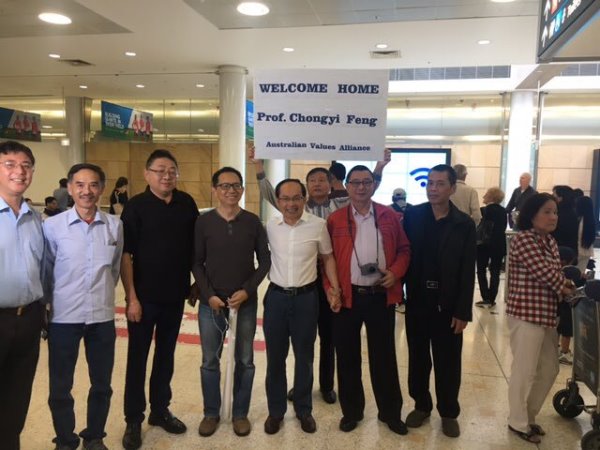
Education Counsellors from Chinese embassies and consulates in Australia organise student associations to cultivate networks of informants on university campuses. Through these associations the CCP regime police the political and academic thought and activity of the tens of thousands of students from mainland China who study in Australia.
They have this opportunity partly because universities and the government in Australia treat education as a commodity to be profited from. For them international students are just revenue sources, not people. Accordingly, neither the universities nor the government provide proper social support, hosting services or integration assistance.
In June 2015 a Chinese student in Brisbane, Tony Chang, sought a political protection visa in Australia. His parents in Shenyang, in north eastern China, had twice been threatened by state security agents. Chang was planning to attend a protest in Brisbane in memory of the Tiananmen Square massacre and to participate in a visit of the Dalai Lama to Australia.
Struggle for democratic rights goes hand in hand with the struggle against capitalism, and for socialist public ownership and planning of the economy in China, Australia and internationally. Capitalists are more interested in the profits of their businesses than democracy. And so it is with the Australian government as a whole. They are increasingly under CCP regime pressure through their trade deals and their reliance on economic growth in China for political and social stability at home. Workers and students in China and Australia have more in common with each other than their respective governments and must support each other’s struggles against their rulers.

